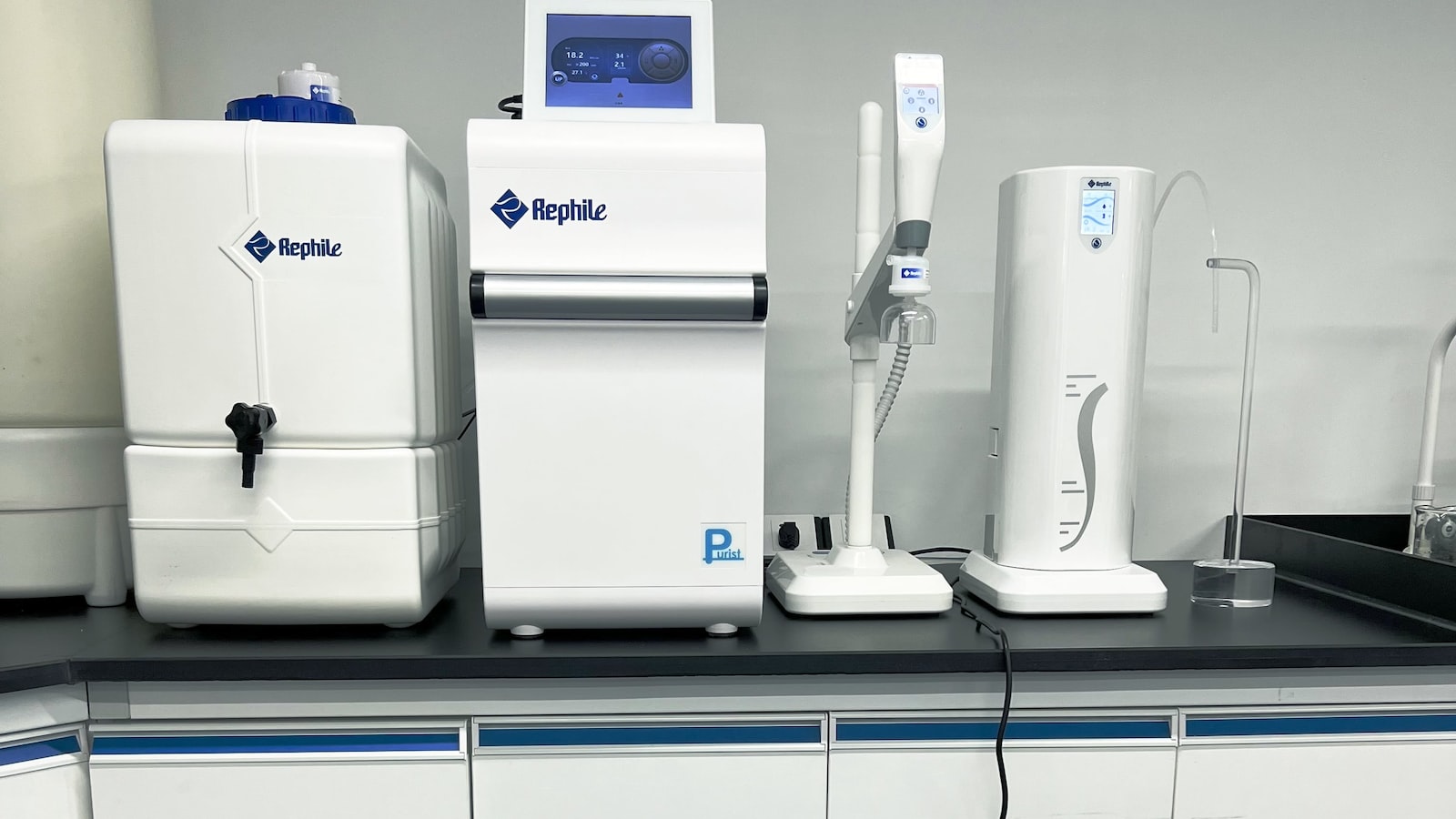Introduction
Water purification is essential for maintaining a clean and safe water supply. With the advancement of petrochemical technologies, we have witnessed significant breakthroughs in improving the efficiency and effectiveness of water purification processes. This article explores some of the most notable petrochemical advances in water purification technologies.
1. Reverse Osmosis

Reverse osmosis (RO) has emerged as a widely used water purification technique. Petrochemical advancements have played a crucial role in enhancing its effectiveness. Petrochemical-based membranes with enhanced durability and performance have significantly improved water filtration, removing microscopic particles, dissolved salts, and contaminants. This technology has found applications in desalination plants, beverage industries, and residential water filters.
2. Activated Carbon Filtration

Activated carbon filtration is a common method used to remove impurities and odors from water. Petrochemical advancements have led to the development of specialized activated carbons with enhanced adsorption properties. These new carbon materials possess high surface areas and can efficiently remove organic compounds, chlorine, and volatile organic chemicals. This technology is widely used in water treatment plants, industrial processes, and home water filters.
3. Advanced Oxidation Processes

Advanced Oxidation Processes (AOPs) have gained popularity due to their ability to destroy contaminants that are difficult to remove by traditional methods. Petrochemical advances have introduced catalysts and oxidizing agents that enhance the effectiveness of AOPs. These processes harness powerful oxidizing reactions to breakdown persistent organic pollutants into harmless substances. As a result, AOPs have become useful in treating wastewater and drinking water contaminated with industrial chemicals, pharmaceuticals, and pesticides.
4. Membrane Filtration

Membrane filtration technologies, including microfiltration, ultrafiltration, and nanofiltration, use porous membranes to remove impurities from water. Petrochemical advancements have contributed to the development of membranes with increased durability, selectivity, and improved fouling resistance. These membranes can effectively remove suspended solids, colloids, bacteria, and certain viruses, making them valuable tools in various water treatment applications.
Conclusion
Petrochemical advances have revolutionized water purification technologies, propelling them towards enhanced efficiency and making clean water more accessible. Reverse osmosis, activated carbon filtration, advanced oxidation processes, and membrane filtration systems have all benefited from petrochemical breakthroughs. As the world faces increasing challenges in maintaining clean water sources, these advancements will play a vital role in ensuring water security and environmental sustainability.





